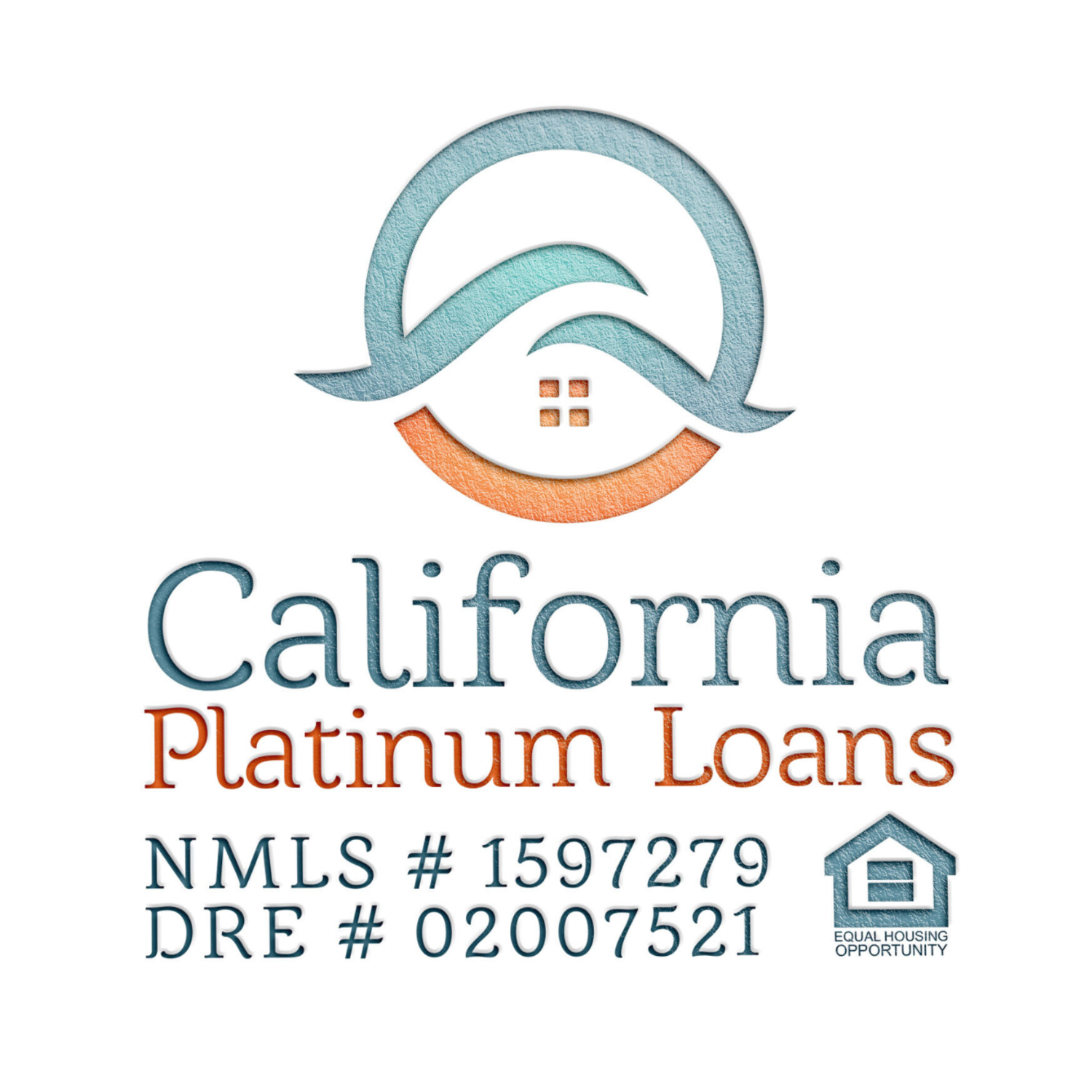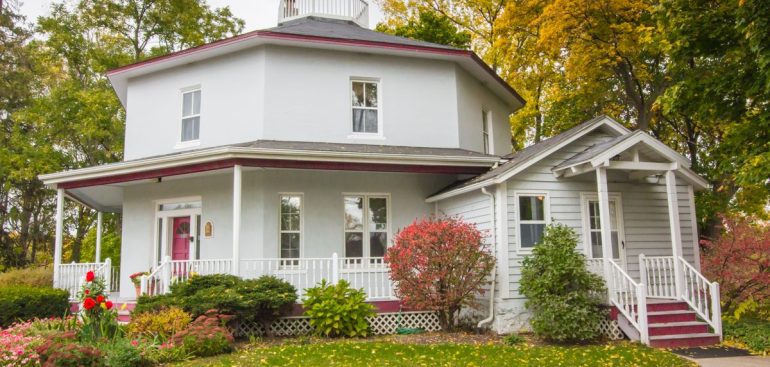For veterans, the VA home loan benefit is not just another mortgage option; it’s a ticket to securing a prosperous financial future. If you’re a veteran, here’s a list of the top 10 benefits of VA home loans that you should be aware of:
1. Evergreen Benefit:
Your VA home loan benefit is timeless; it doesn’t expire. Even if you’ve never tapped into it, it’s always there waiting for you. Considering that only 13% of veterans have used it while 80% are homeowners, there’s ample opportunity.
2. Zero Down Payment:
Buying a home through the VA mortgage means you won’t have to make a down payment. This gives you the financial flexibility to make other improvements or save that money for other expenses.
3. No Mortgage Insurance:
Unlike conventional mortgages that require mortgage insurance (ranging from .45% to over 1% of the mortgage balance), VA home loans come without this added cost.
4. Competitive Rates:
VA home loan rates typically tend to be at least 0.25% lower than conventional loans. This can mean significant savings over the life of your mortgage.
5. Multiple Uses:
While VA home loans are designed for primary residences, you cannot use the benefit once. If circumstances change, and you move or pay off your mortgage, the VA loan benefit resets for you to use again.
6. Partner with VA-specialized Lenders:
The VA provides a guarantee, not the loan itself. This means you can choose a local mortgage broker, preferably one with a Certified Veteran Loan Specialist designation, ensuring a tailored experience.
7. Streamlined Refinancing:
Along with the VA Interest Rate Reduction Refinance Loan (IRRRL), you can refinance seamlessly without needing pay stubs or appraisals if interest rates drop.
8. Comprehensive Cash-out Option:
Already have a VA home loan? Refinancing allows you to cash out up to 100% of your home’s value. Whether for college tuition, home enhancements, or other needs, the VA cash-out mortgage covers you.
9. Flexible Credit Requirements:
Good credit is beneficial but optional. VA home loans offer flexibility, allowing for past financial hiccups, like bankruptcies, depending on the lender’s discretion.
10. No Loan Limits from 2020:
Previously, places like Los Angeles and Orange Counties had a VA mortgage limit of $726,525. From January 2020, these limits were removed. This means your dream home, irrespective of its price tag, can be bought using the VA home loan benefit if you meet the lender’s financial criteria. Furthermore, veterans can purchase multi-unit properties, live in one, and rent out the rest, with VA loans covering properties with up to four units.
VA home loans offer a golden opportunity for veterans to secure their financial futures. Partnering with a professional who understands the VA home loan program and the unique needs of veterans is a step towards building that future.



